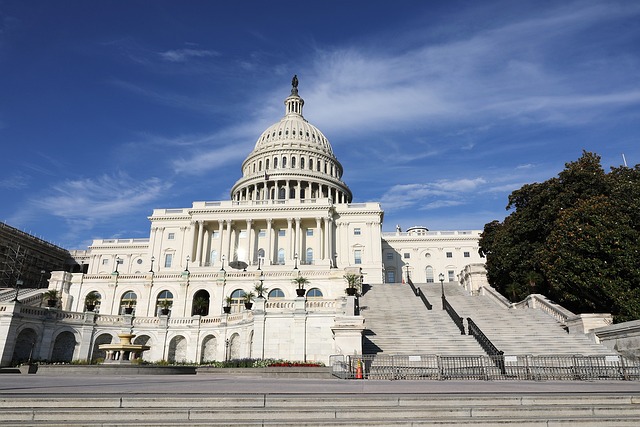From my America Out Loud podcast with Grace-Marie Turner –https://www.americaoutloud.com/us-govt-impact-on-policy-consolidation-challenges-in-healthcare/
All the noise about culture wars has taken up the airwaves. Meanwhile things that affect all of us in our day to day lives get little press. We’ve heard about high insulin prices and pharmaceutical companies semi-voluntarily reducing the prices. (Drugmakers faced a penalty from Medicaid if they raised the price higher than inflation).
Let’s face it, most of us do not take insulin, but nearly 70 percent of Americans take at least one prescription drug. Should we seriously assess whether Americans take too many drugs in the first place? Should the government cap prices? If the government regulates prices, will the drug companies still make enough money to continue aggressive research and development?
Another real issue is the shortage of healthcare workers at all levels. According to Senator Bernie Sanders’ data, the nation faces a shortfall of about 450,000 nurses and 120,000 doctors in the coming years, and 100,000 dentists now.
Believe it or not, the government is in control of the number of physicians. Medicare funds expenses for residency slots but these have been capped for over 20 years. Typical of the large government bureaucracy, they didn’t notice that more primary care physicians would be needed as the population ages. These increased residency slots are particularly needed primary care, OB/Gyn, and in the rural areas ( where one out of four Medicare beneficiaries live).
Sadly, thanks in part to the Covid lockdowns and economic damage one in five adults have a mental health issue. According to the CDC, suicides increased in 2021, reaching their highest level since 2018. And as our country’s substance abuse problem snowballs, we will need more psychiatry residents and other health professionals in addiction medicine. Recently, HHS finalized a rule that will add 1,000 new Medicare-funded GME positions (capped at 200 new positions per fiscal year) to be distributed beginning in FY 2023.
And then we have all this consolidation of most segments of the health care chain of commerce. Insurance companies are integrated into pharmacies. Large health systems and private equity firms are buying medical practices and hospitals. The government claims it will look into these mergers that have drastically decreased competition and therefore raised prices. One study showed that among 578 physician practices acquired by private equity firms between 2016 and 2020, prices increased by 11 percent.
But is more federal intervention the answer?
My guest and I will discuss what’s going on in Washington DC. on the health care front.

